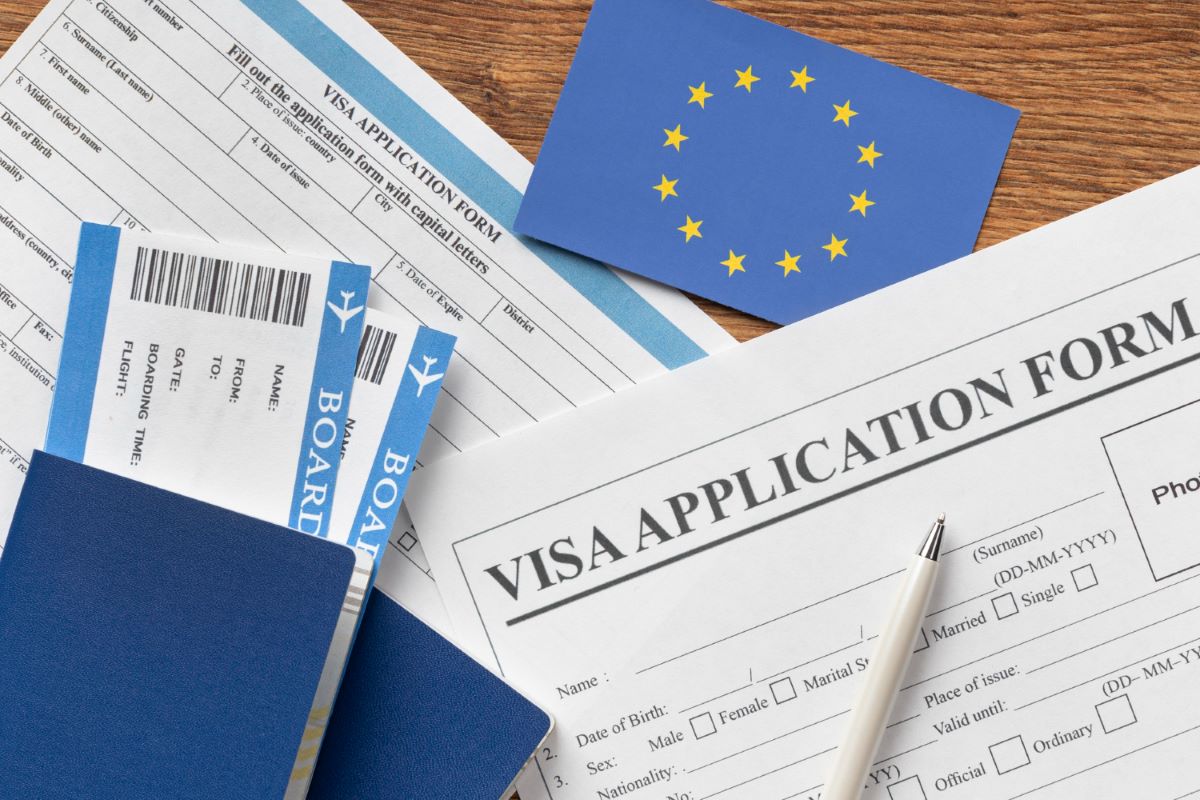
The European Union (EU) is making significant strides towards attracting skilled foreign workers by simplifying the process of obtaining a Single Permit. This combined work and residence permit will offer greater flexibility and security for third-country nationals seeking employment opportunities within the bloc.
What is a Single Permit?
A Single Permit is a combined work and residence permit for the European Union. It allows skilled workers from non-EU countries to live and work legally within the bloc. This “one-stop-shop” permit simplifies the application process and eliminates the need for separate work and residence permits.
Addressing Labor Shortages
The revised Single Permit system aims to tackle the current labour shortages faced by many EU member states. By streamlining the application process and offering increased rights to permit holders, the EU hopes to incentivize legal migration and attract highly skilled individuals to contribute to their economies.
Faster Decisions, More Job Mobility
The EU is making significant improvements to the Single Permit system, offering both speed and flexibility for skilled workers from outside the bloc. Let’s break down the key changes:
1. Faster Decisions: Applications for Single Permits will now be processed within 90 days (with a possible 30-day extension for complex cases), eliminating lengthy wait times.
2. Greater Job Mobility: Permit holders can change employers, occupations, or sectors with a simple notification, promoting flexibility.
3. Temporary Restrictions: Some member states may impose a short-term limit (up to 6 months) on changing employers, with exceptions for unfair work practices.
Protection for Unemployed Permit Holders
The revised directive offers peace of mind for permit holders who lose their jobs. They will have a grace period of three months (or six months if they held the permit for over two years) to find new employment before their permits are revoked. Additionally, these periods can be extended in situations involving exploitation by previous employers.
For those who remain unemployed for extended periods, the new rules require demonstrating sufficient financial resources to support themselves without relying on social assistance.
Next Steps and Implementation
The revised Single Permit system requires approval by the Council before taking effect. Following approval, member states will have two years to implement the changes within their national legislation. It’s important to note that Denmark and Ireland have opted out of these changes.
Financial Support and Timeline
To ensure financial sustainability, permit holders who experience prolonged unemployment may need to show they have enough financial resources to support themselves without relying on social assistance.
While the European Parliament has voiced its support, the proposed changes await approval by the Council. Upon approval, Member States will have two years to enact these modifications into their national legislation. However, it’s important to note that Denmark and Ireland are exempt from these changes.
The EU’s initiative signifies a progressive step towards fostering a more inclusive and efficient immigration system, poised to benefit both the bloc’s economy and its diverse workforce.
